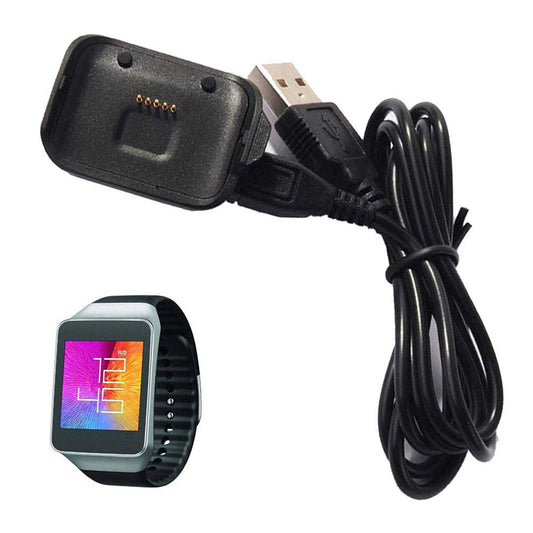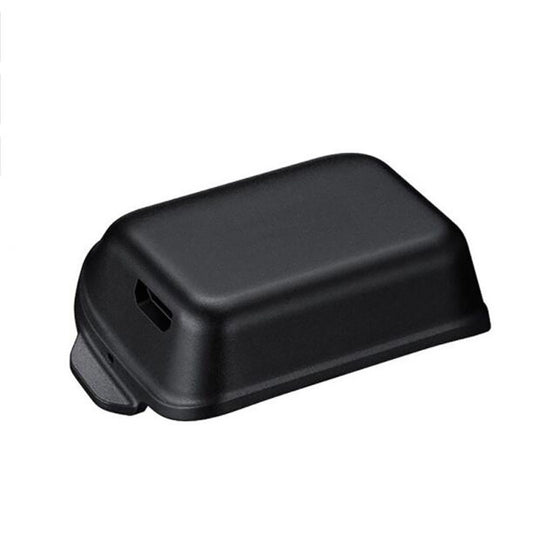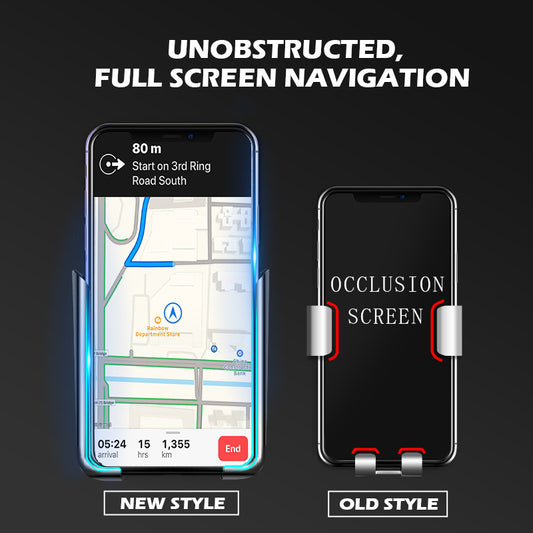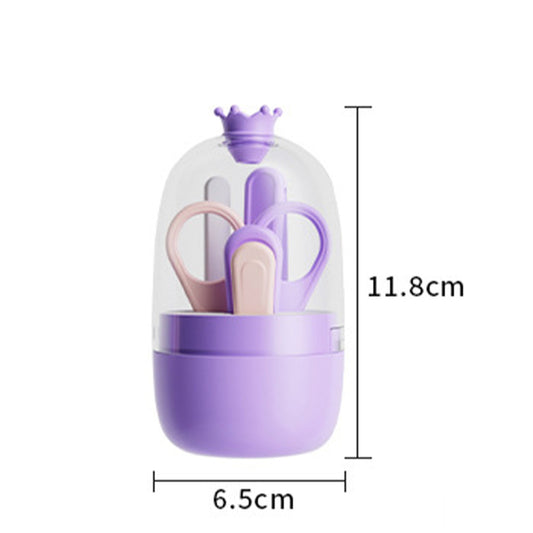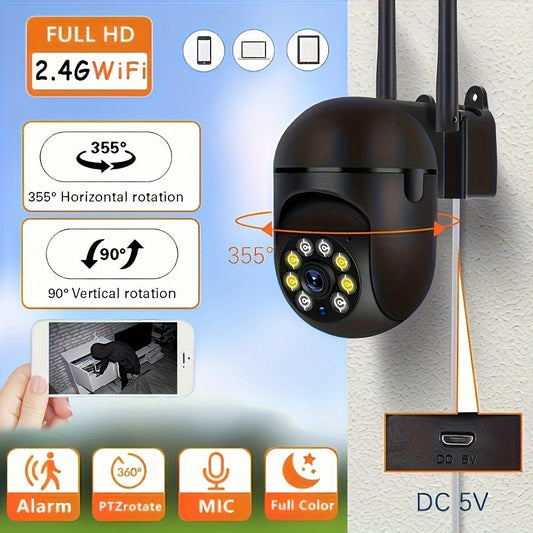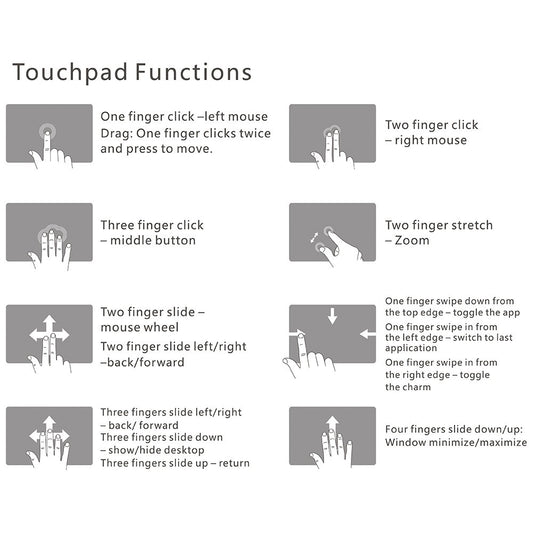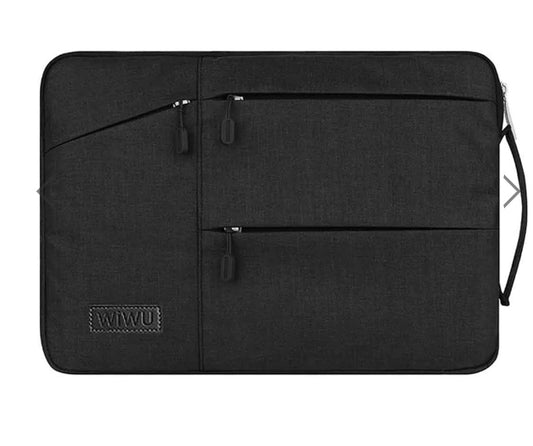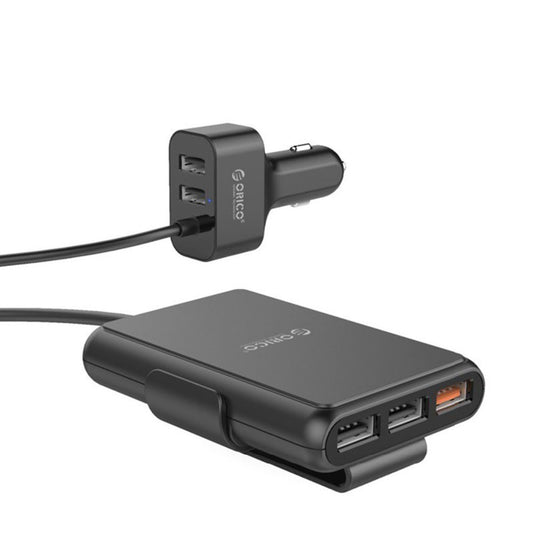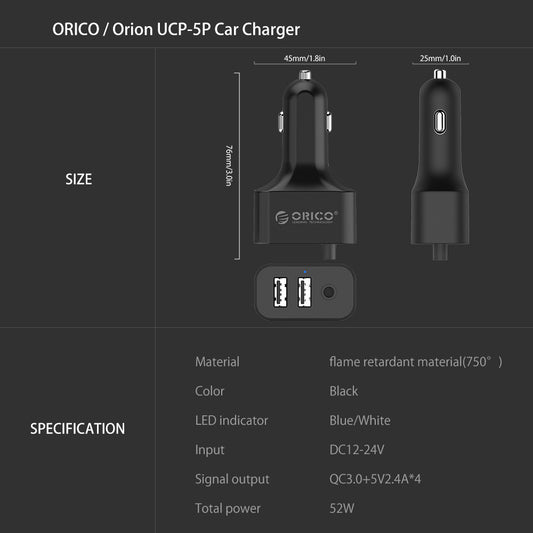
How to Finance Your First Real Estate Purchase: Beginner’s Guide
Share
Buying your first property is one of the most exciting milestones in life — but figuring out how to finance it can feel overwhelming. From mortgage options to down payment strategies, the choices you make now will shape your financial future for years to come. In this beginner’s guide, we’ll walk you through everything you need to know to confidently finance your first real estate purchase in 2025.
1. Understand Your Financial Situation First
Before you start house hunting, you need a clear picture of your finances. This step ensures you know exactly what you can afford and helps you avoid the heartbreak of falling in love with a property outside your budget.
Key tips:
* Check your credit score: A higher score can mean lower interest rates.
* Calculate your debt-to-income ratio (DTI): Lenders prefer it to be under 36%.
* Determine your savings: You’ll need money for your down payment, closing costs, and an emergency cushion.
Pro Tip: Use an online mortgage calculator to get an idea of monthly payments.
2. Explore Different Financing Options
There’s no one-size-fits-all when it comes to financing. Your ideal loan will depend on your income, credit history, and long-term plans.
Common financing options include:
* Conventional Mortgage: Great for buyers with good credit and a solid down payment.
* FHA Loan: Lower down payments (as low as 3.5%) and credit score flexibility.
* VA Loan: Available for veterans and active military — often with no down payment.
* USDA Loan: For rural or suburban buyers with low-to-moderate income.
3. Save for Your Down Payment
The bigger your down payment, the smaller your monthly payments — and the less interest you’ll pay over the life of the loan.
Down payment strategies:
* Set up an automated savings account.
* Reduce non-essential expenses temporarily.
* Use work bonuses, tax refunds, or side-hustle income.
Pro Tip: Some states and cities offer first-time buyer grants to help you cover down payments and closing costs.
4. Consider Additional Costs
Many first-time buyers focus only on the purchase price — but you’ll also need to budget for:
* Closing costs: Usually 2–5% of the property price.
* Home inspection & appraisal fees
* Property taxes & insurance
* Maintenance & repairs
5. Get Pre-Approved Before You Shop
A mortgage pre-approval is like having a golden ticket — it shows sellers you’re serious and ready to buy. It also gives you a firm idea of your price range, helping you avoid wasted time.
6. Partner with the Right Professionals
Financing a property can be complex. Surround yourself with experts who can guide you:
* Mortgage broker or loan officer
* Real estate agent
* Financial advisor (optional but helpful)
7. Think Long-Term
Your first property should fit your life today — and tomorrow. Consider job stability, future family plans, and potential resale value before committing.
Pro Tip: If your budget is tight, consider a smaller home or multi-family property where you can rent out part of it to help cover your mortgage.
Conclusion
Financing your first real estate purchase may seem intimidating, but with the right preparation, it’s entirely doable. By knowing your financial health, exploring loan options, saving strategically, and getting professional guidance, you can step confidently into homeownership in 2025.
Your dream home is closer than you think — all it takes is the right plan and determination to make it happen.
“Need financing options? Get matched with the right lender now!”





